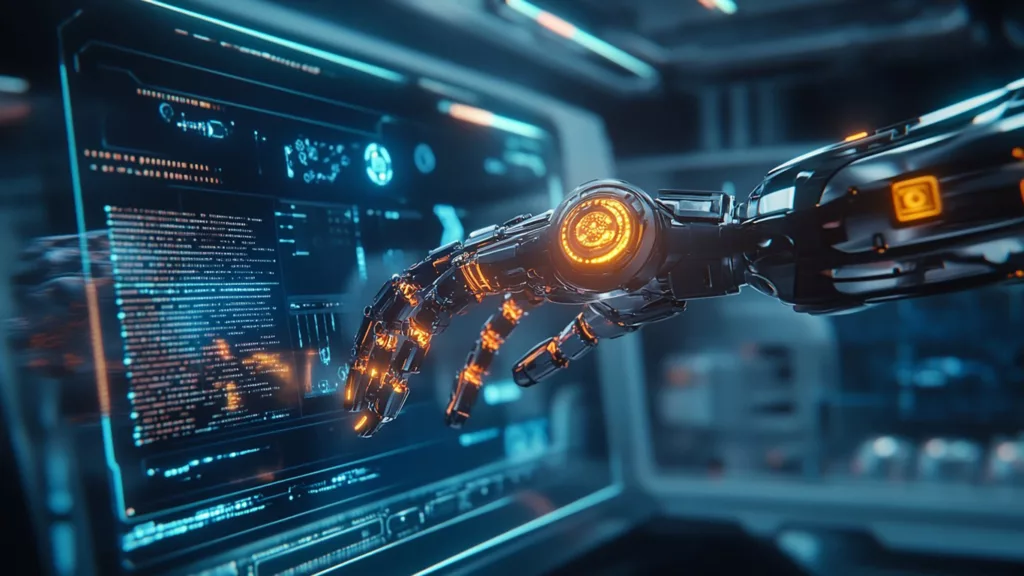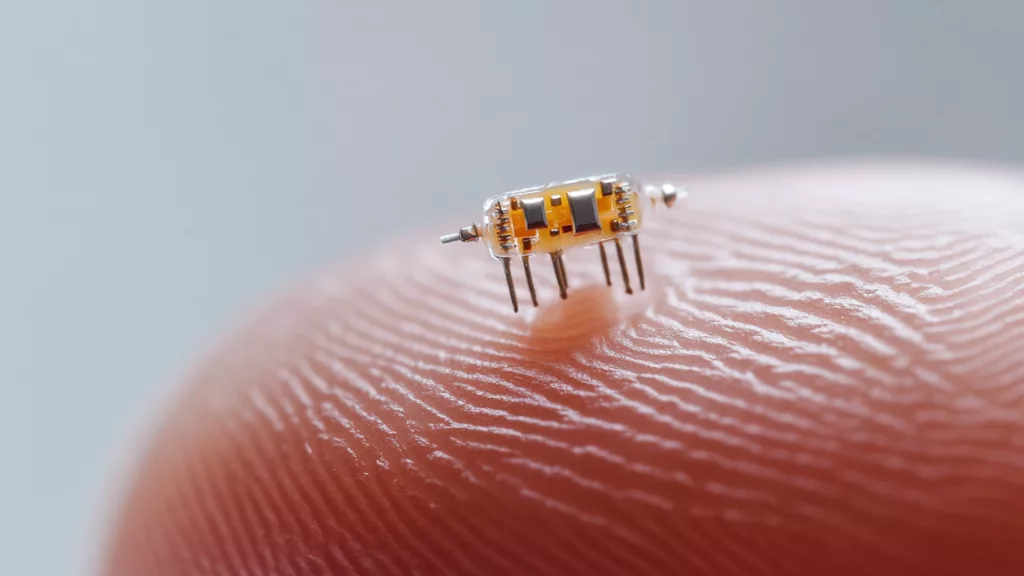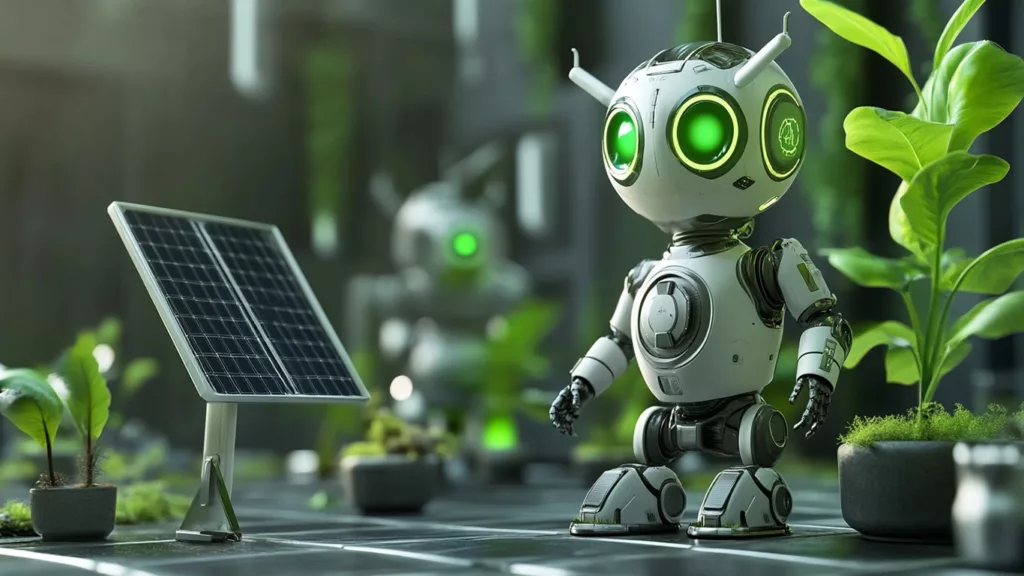Robotic innovation is accelerating at an unprecedented pace, and at the heart of this evolution lies sensor technology. As we step into 2025 and beyond, sensors are becoming smarter, more adaptable, and deeply integrated into complex robotic systems. Understanding these trends is essential for engineers, developers, and decision-makers who want to stay ahead in an increasingly automated world.
In this blog, we’ll explore the key trends shaping the future of robot sensor technology and how XJCSENSOR is helping drive these advancements.
Smarter, AI-Enhanced Sensors

The integration of artificial intelligence (AI) into sensor systems is redefining how robots perceive and interact with their environments. Instead of simply collecting data, next-generation sensors are beginning to interpret it in real time.
Benefits include:
- Predictive maintenance through pattern recognition
- Adaptive sensing for dynamic environments
- Enhanced decision-making without heavy computational loads on central processors
XJCSENSOR is actively developing sensor solutions that support edge computing capabilities, enabling faster, smarter robotic responses.
Miniaturization without Compromising Performance
As robots shrink to fit into more specialized applications — from minimally invasive surgery to intricate electronics assembly — so too must their sensors. Yet, miniaturization cannot come at the cost of sensitivity or durability.
Advances we expect to dominate include:
- Ultra-compact multi-axis force-torque sensors
- High-strength micro load cells
- Low-profile torque transducers
At XJCSENSOR, our engineering teams are pushing the boundaries of sensor miniaturization while maintaining industrial-grade performance.
Greater Emphasis on Multi-Modal Sensing
Robots of the future won’t rely on a single type of sensor. Instead, they will use hybrid sensor systems that combine multiple sensing modalities, such as:
- Force + torque + tactile sensing
- Proximity + visual + temperature sensing
This fusion enhances a robot’s ability to understand complex tasks — such as distinguishing between different materials or adjusting grip based on object texture.
XJCSENSOR is innovating in multi-axis and hybrid sensor designs to equip robots with richer, more nuanced environmental awareness.
Wireless and Energy-Efficient Sensor Networks
Tethered, hard-wired systems are giving way to wireless sensor networks that reduce complexity and increase robot mobility.
Key trends include:
- Low-power wireless communication (Bluetooth Low Energy, ZigBee, etc.)
- Energy-harvesting sensors to extend operational life
- Real-time wireless synchronization of multi-sensor arrays
XJCSENSOR is pioneering low-latency, highly secure wireless sensor solutions for next-generation robotic ecosystems.
Built-in Self-Diagnostics and Calibration
Manual recalibration of sensors can lead to downtime and inefficiency. The future lies in sensors that monitor and adjust their own performance autonomously.
Expect to see:
- Automatic zero-point recalibration
- Continuous self-check algorithms
- End-of-life and drift detection notifications
Our sensors at XJCSENSOR increasingly feature smart diagnostics, reducing maintenance efforts and ensuring long-term measurement reliability.
Sustainability and Eco-Friendly Designs
As industries push towards greener practices, sensors must align with environmental goals.
Key initiatives involve:
- Eco-friendly manufacturing processes
- Recyclable sensor components
- Energy-efficient operation throughout the sensor lifecycle
At XJCSENSOR, we are committed to sustainable innovation, integrating environmentally conscious practices into every stage of sensor development.




